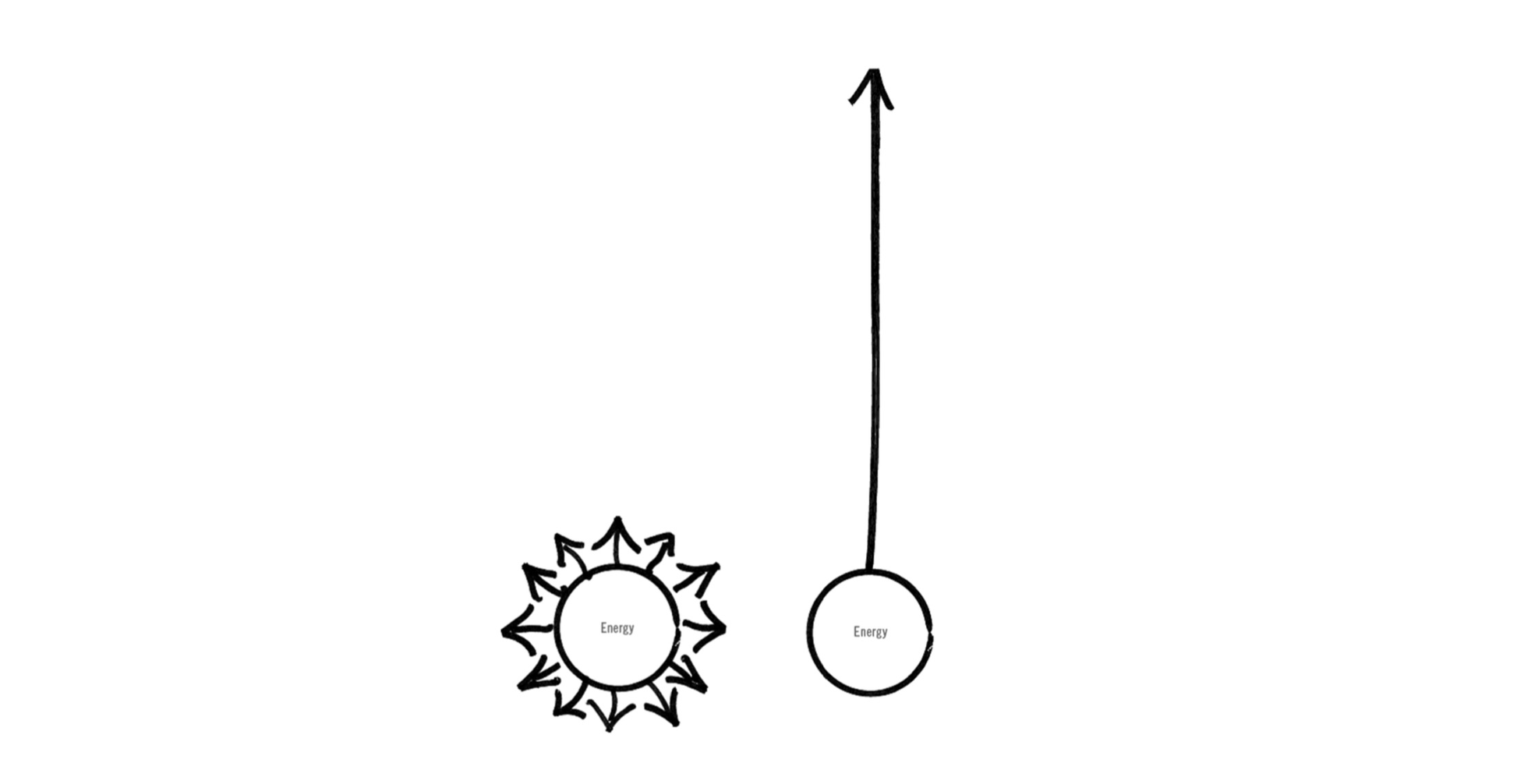Out of focus
Dear friend,
How are you? It seems I’ve been a little scattered lately. Case in point, I’ve changed the topic for today’s message 4 times, including last Wednesday when I began (only slightly frantically) drafting a newsletter to send out the next day, only to realize that I had another week to do it. That kind of sums up where I’ve been.
In light of my current state, coupled with our objective of releasing things that hold us back and amplifying things that help us shine, it feels appropriate to focus on focus.
I’ll start with an observation that may be obvious: The busier and more overwhelmed we are, the harder it is to carve out time to determine what matters most and to honor those priorities. And yet, these are exactly the times when it’s crucial.
Suzanne Dove and I speak to this in chapter 4 of Well in the Lead (WITL):
Rather than taking the time to do the hard work of sifting and winnowing, we opt to work longer, harder, and “smarter.” We search endlessly for time-management hacks, convinced we can crack the code to überproductivity, thus completing everything on our massive to-do lists. But it’s not a win in the end. Although managing our time and energy wisely is critical, it is no substitute for focusing our efforts on those aspects of the work that are most important and that only we can complete.
(WITL chapter 4, p. 41)
So let’s take a few minutes to consider how we might adopt a more focused approach.
First, let’s soak up some inspiration from Greg McKeown’s Essentialism: The Disciplined Pursuit of Less. The picture at the top of this message captures one of the fundamental ideas in the book. When our attention and energy are aimed in a million directions, we’re lucky to keep tabs on everything let alone actually get anywhere. In contrast, when we consistently focus our efforts, we often experience significant and satisfying progress. Curious to know more? Check out chapter 1.
If you need additional motivation, a 2010 Science article by Killingsworth and Gilbert finds that mental focus is associated with happiness. And I’d be remiss if I didn’t mention Cal Newport's Deep Work, a client favorite that makes the case for focused work and also provides tools to support it.
Second, speaking of tools, most of us have experienced the benefits of getting things out of our head and down on paper (real or digital). This simple act can work wonders when it comes to slowing a racing mind. Why not take it one step further and use the resulting inventory as the basis for a single-item to-do list as proposed by Peter Bregman? I share a few other ideas, including tips for controlling the focus-stealing email beast, in this blog post.
Finally, while quieting our mind is a huge step in the right direction, it’s not enough if we remain on high alert physically. Increasing evidence supports the importance of calming our nervous system and releasing emotion and trauma held in the body. There are countless somatic approaches. For example, feeling our feet on the floor or holding a pillow across our abdomen can enhance our sense of physical safety, and EFT tapping or shaking our body can help to release pent-up emotion. Researchers and practitioners active in this space include Stephen Porges, Peter Levine, Bessel van der Kolk, Pat Ogden, Deb Dana, Gabor Maté, Aimie Apigian, and many others.
I’ve shared a lot here, and the last thing I want to do is divide our attention further, so how about identifying one key takeaway? If you do, please let me know what stood out for you. I’d also value your input on the cadence of these emails. Is every two weeks the right frequency?
Once again, thanks for being here, and thanks for being you.
Warmly,
Elizabeth Odders-White
